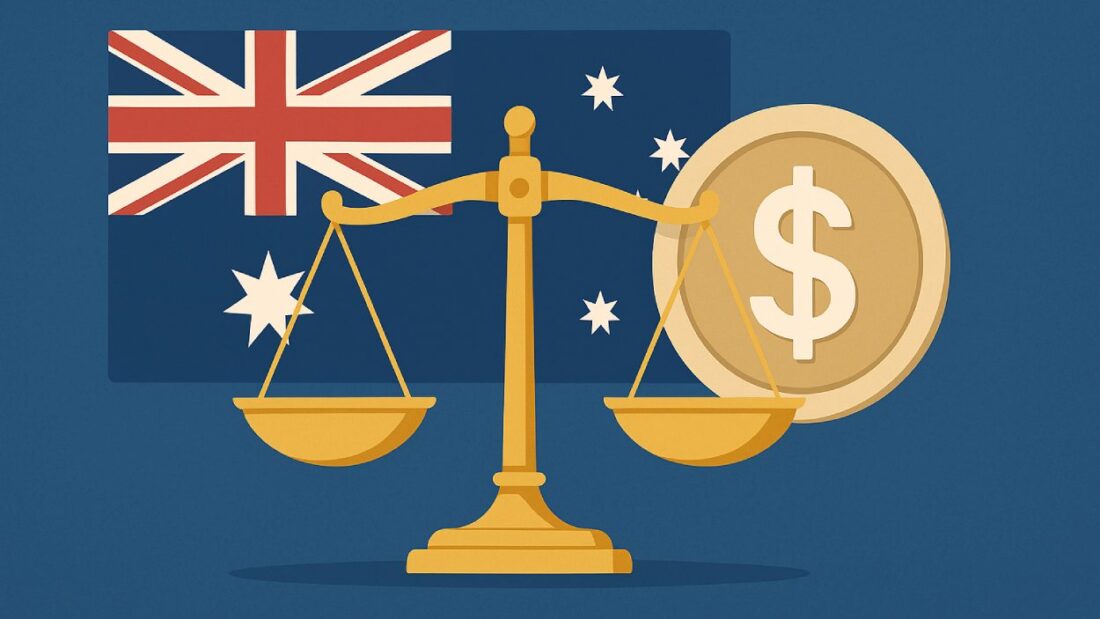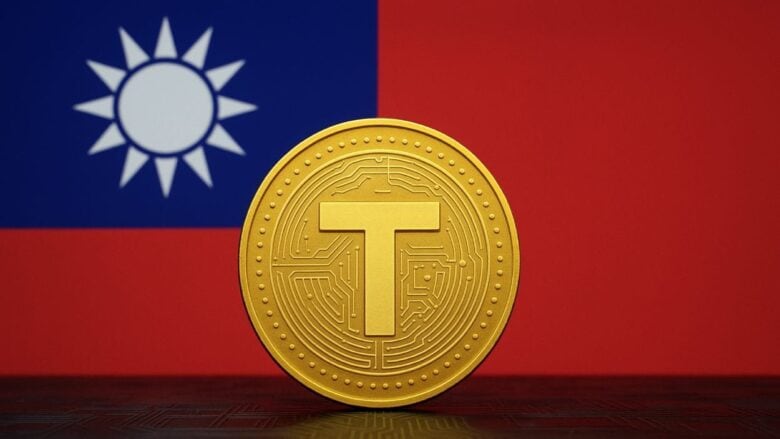Australia’s top financial regulator has granted a temporary exemption to stablecoin distributors, significantly easing licensing requirements and setting the stage for wider crypto adoption.
Key Takeaways
- ASIC now allows intermediaries to distribute certain stablecoins without holding separate AFS or market licenses
- The relief applies to stablecoins issued by AFS-licensed entities, currently limited to AUDM by Catena Digital
- This exemption will remain in effect until June 1, 2028, or until broader stablecoin regulations are implemented
- ASIC positioned the move as a bridge to a more comprehensive digital asset licensing framework
What Happened?
The Australian Securities and Investments Commission (ASIC) has issued a first-of-its-kind exemption for intermediaries distributing stablecoins. Distributors working with stablecoins issued by Australian Financial Services (AFS) license holders are no longer required to obtain their own AFS, market, or clearing and settlement facility licenses. The regulatory relief is intended to support innovation in digital assets while broader government reforms are still being finalized.
Australia eases licensing rules for stablecoin intermediaries https://t.co/Bp3d86R7pg
— The Block (@TheBlock__) September 18, 2025
ASIC’s Stablecoin Relief Marks a Shift in Crypto Regulation
ASIC formally introduced the relief through the newly issued Corporations Instrument 2025/631. It immediately applies to one issuer, Catena Digital Pty Ltd, which distributes the AUDM stablecoin. However, ASIC signaled that other licensed stablecoin issuers could also qualify as they obtain AFS licenses.
Under the exemption:
- Intermediaries are allowed to provide general advice
- They can make a market for the stablecoin
- They may deal in, but not issue, the stablecoin
- Custodial and depository services are also covered
To maintain consumer protections, intermediaries must provide a current Product Disclosure Statement to retail clients. This is the only condition required to access the licensing relief.
Bridging Regulatory Gaps Without Sacrificing Oversight
ASIC described the exemption as a temporary transitional measure aimed at reducing operational barriers and promoting innovation in Australia’s digital payments landscape. The regulator emphasized that the exemption only applies to stablecoins deemed financial products under the Corporations Act and issued by eligible AFS licensees.
The relief was shaped by public feedback gathered through Consultation Paper 381, released in December 2024. That consultation revealed widespread concern from the crypto industry about compliance burdens and commercial viability. Respondents argued that the cost of licensing created obstacles that would prevent stablecoins from scaling in Australia unless intermediaries received relief.
ASIC responded by consulting directly with industry players, confirming that without regulatory flexibility, many distribution models were not commercially viable.
Relief Tied to Broader Digital Asset Reforms
The exemption is set to expire on June 1, 2028, aligning with the timeline for proposed government legislation on digital assets and payment stablecoins. By easing the rules now, ASIC is giving the crypto industry room to grow responsibly while regulators finalize more comprehensive oversight frameworks.
The announcement follows a broader trend in ASIC’s regulatory strategy. While supporting innovation through exemptions, the agency has been aggressively targeting non-compliant crypto firms. Enforcement actions include shutting down fraudulent websites, prosecuting large-scale money laundering rings, and investigating major exchanges like Binance Australia.
Banking Barriers Still a Challenge
Despite regulatory progress, Australian crypto users continue to face banking friction. A recent Binance survey showed that 58 percent of users want easier, unlimited deposits, while 22 percent said they switched banks to get better crypto access. This shows that while regulatory clarity is improving, infrastructure and banking relationships remain a challenge for everyday users.
CoinLaw’s Takeaway
In my experience, regulatory flexibility like this is rare, and it’s a big deal for the crypto industry in Australia. I found ASIC’s move both pragmatic and timely, especially considering how long stablecoin providers have been stuck in limbo. This exemption clears a major hurdle for getting stablecoins into the hands of consumers while still keeping safeguards in place. It’s the kind of balanced approach we need more of globally. If more issuers jump on board and the exemption expands, we could see a real shift in stablecoin adoption here.


































































